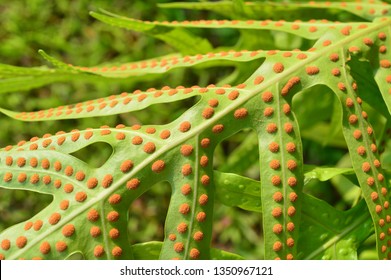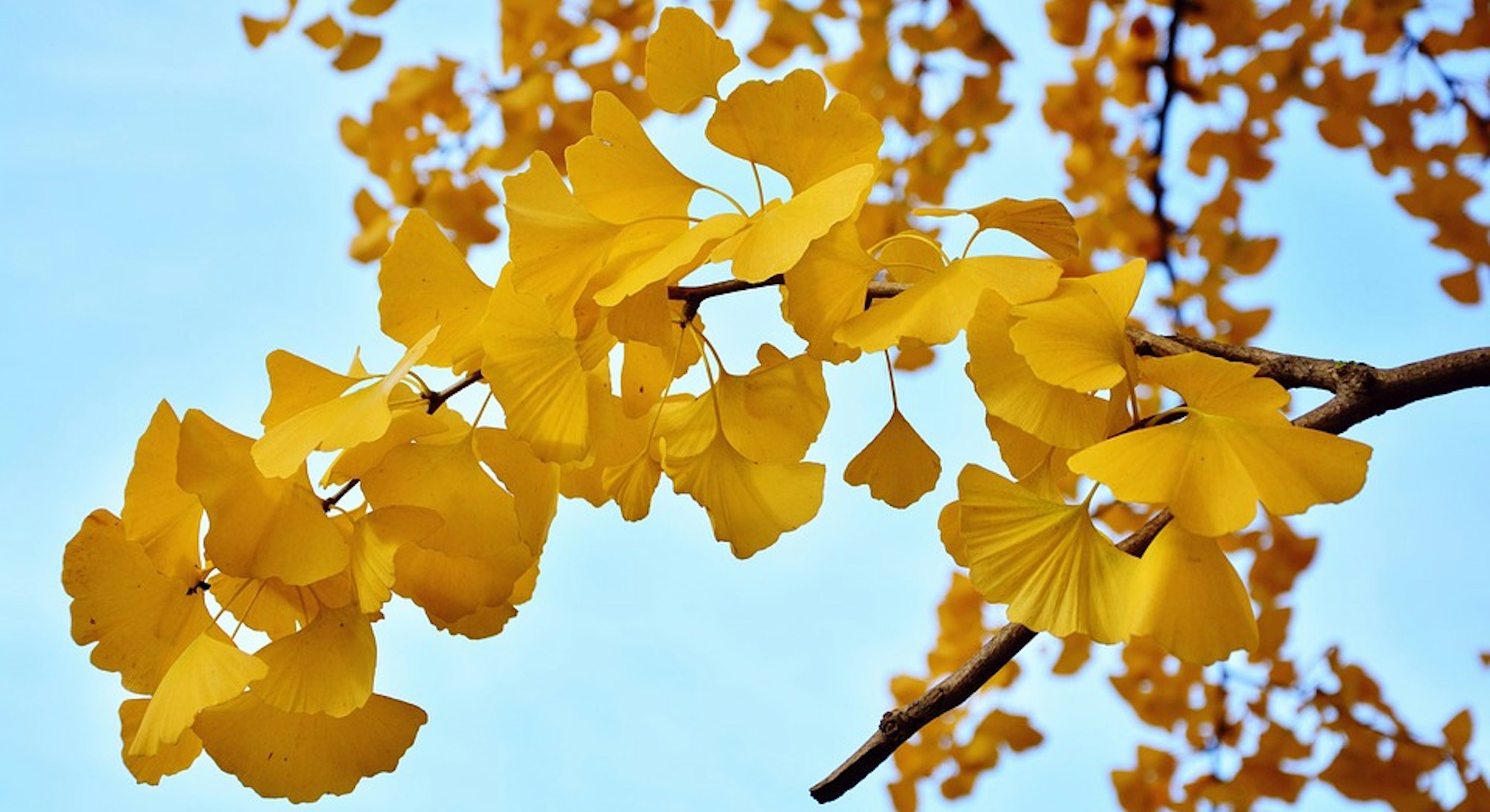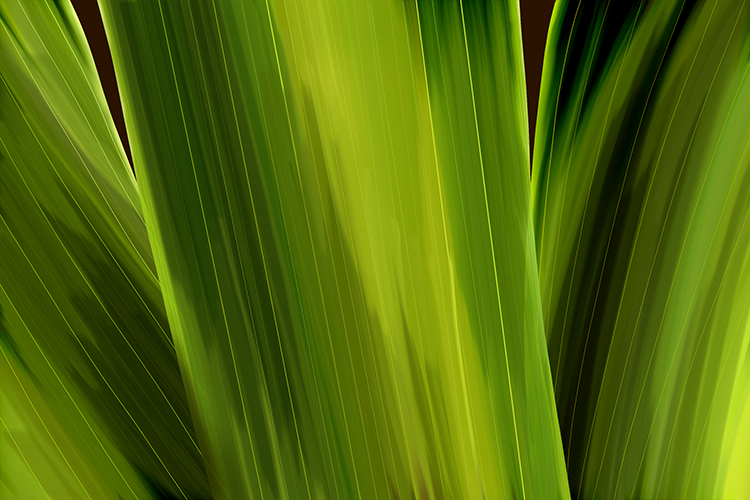Who was the Greek philosopher who FIRST classified plants and animals?
Aristotle
These are plants that do not have tube-like cells.
Nonvascular plants
This is what feeds the embryo in seeds. Dicots have two of them.
Cotyledons
What are these? What do they hold inside them?

Sori; they hold spores before they are released.
These fan-shaped leaves come from a type of gymnosperm that does not bear cones.

Ginko tree
What shape does vascular tissue tend to be? Why do you think so?
They are tube/vessel shaped because they transport water and nutrients to all parts of the plant.
These are known as flowering plants.
Angiosperms
A flowering plant with parallel leaf veins would most likely be classified as this.
Monocot
What is the large, feathery leaf part of a fern known as?

Would this microscope slide come from a monocot or dicot? How do you know?

Dicot, because the vascular bundles are arranged around the outside of the stem, and they are evenly spaced out.
Name the three main groups of plants.
Seed plants, ferns, and mosses
These are known as nonflowering plants.
Gymnosperms
A flowering plant with branching leaf veins would most likely be classified as this.
Dicot
What type of flowering plant is this? How do you know?

Monocot. It's leaves and petals are in a group of 3, a characteristic of monocots.
Do these leaves come from a monocot or dicot?

Monocot
These types of gymnosperms produce cones instead of fruits.
Conifers
Name the two types of flowering plants.
Monocots and dicots
What type of plant is able to grow on things rather than in soil? Why do you think so?
Mosses, because they do not have true roots
Is this flowering plant a monocot or dicot? How do you know?

This is a dicot, because there are five petals, and the pedals of dicots are found in multiples of 4's and 5's
This dark soil is what is made after mosses die and decay. It is very rich in nutrients and helps plants grow.

Humus
This is known as the "beginning plant" inside a seed.
The embryo
Name the two groups of gymnosperms
Conifers and Ginkoes
These are tiny, rootlike threads on the undersides of moss plants.
Rhizoids
Is this plant vascular or nonvascular? How do you know?
Monocot or dicot? How do you know?
